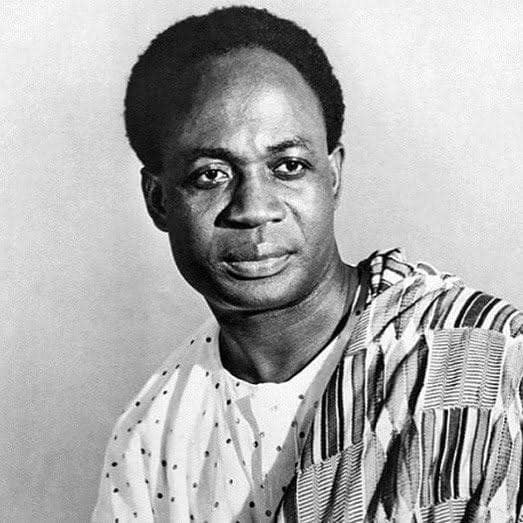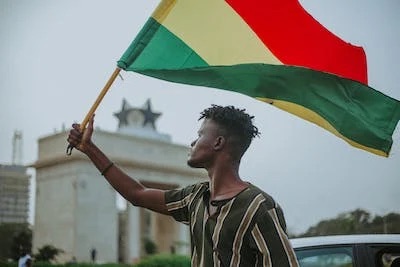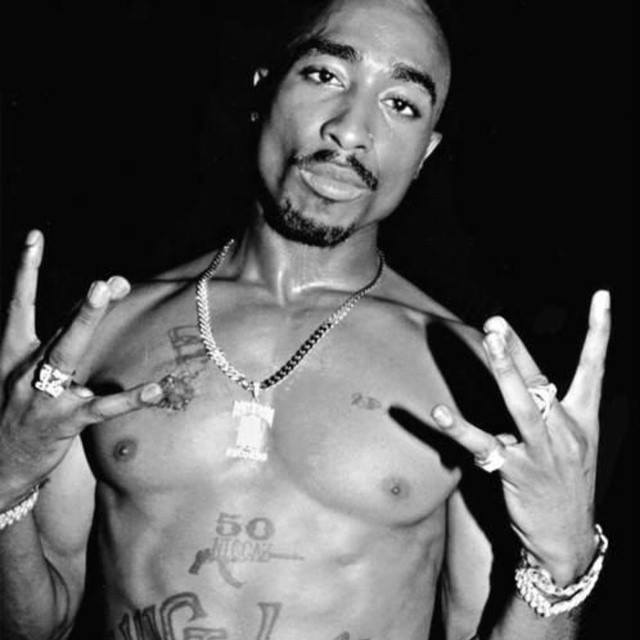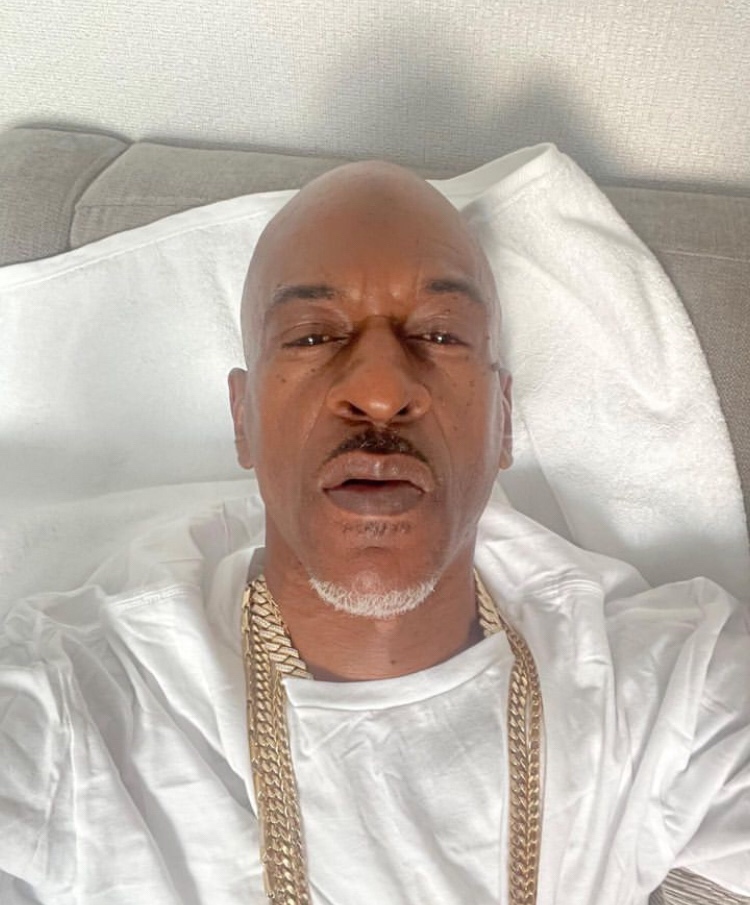
Biography of Dr Kwame Nkrumah

Dr. Kwame Nkrumah, born on September 21, 1909, in Nkroful, Gold Coast (now Ghana), was a prominent pan-Africanist and the first Prime Minister and President of Ghana. He played a crucial role in Ghana’s struggle for independence from British colonial rule and became a leading figure in the decolonization movement across Africa.
Nkrumah’s early years were marked by a strong dedication to education. After attending local mission schools, he enrolled at Achimota School, where he developed a passion for literature, history, and politics. In 1935, he moved to the United States to further his studies, obtaining a bachelor’s degree from Lincoln University in Pennsylvania. Nkrumah continued his education in London, earning a degree in philosophy, economics, and sociology from the University of London.

During his time in the United States and the United Kingdom, Nkrumah was exposed to various anti-colonial and pan-African ideas, which greatly influenced his political ideology. In 1947, he returned to the Gold Coast and became involved in nationalist politics. He co-founded the Convention People’s Party (CPP), which aimed to secure self-government for the Gold Coast.
Under Nkrumah’s leadership, the CPP gained widespread support and mobilized the masses in their fight against British colonial rule. Nkrumah employed nonviolent protests, strikes, and boycotts to challenge British authority. His charisma and oratory skills made him a highly influential figure in the independence movement.
In 1951, Nkrumah led the CPP to victory in the Gold Coast’s first general elections, and he became Prime Minister in 1952. He focused on building a strong and unified nation and initiated a series of social and economic reforms. His government introduced policies aimed at improving education, healthcare, and infrastructure, and promoted industrialization to reduce Ghana’s dependence on exports of primary resources.

Ghana achieved independence on March 6, 1957, with Nkrumah becoming the country’s first Prime Minister and later the President when Ghana became a republic in 1960. He advocated for a united Africa and played a key role in the formation of the Organization of African Unity (OAU) in 1963, which aimed to promote African unity and solidarity.
Nkrumah’s leadership, however, became increasingly authoritarian over time. He centralized power and suppressed opposition, leading to concerns about democracy and human rights. His administration faced economic challenges, and his ambitious development projects, such as the construction of the Akosombo Dam, put a strain on Ghana’s finances.
In 1966, while Nkrumah was on a state visit to China, his government was overthrown in a military coup. He lived in exile in Guinea until his death on April 27, 1972. Despite his later years being marred by controversy, Nkrumah remains an iconic figure in Africa’s struggle for independence and pan-Africanism. His vision for a united Africa and his contributions to Ghana’s independence have left a lasting impact on the continent’s history.
READ ALSO: Importance of Recycling






